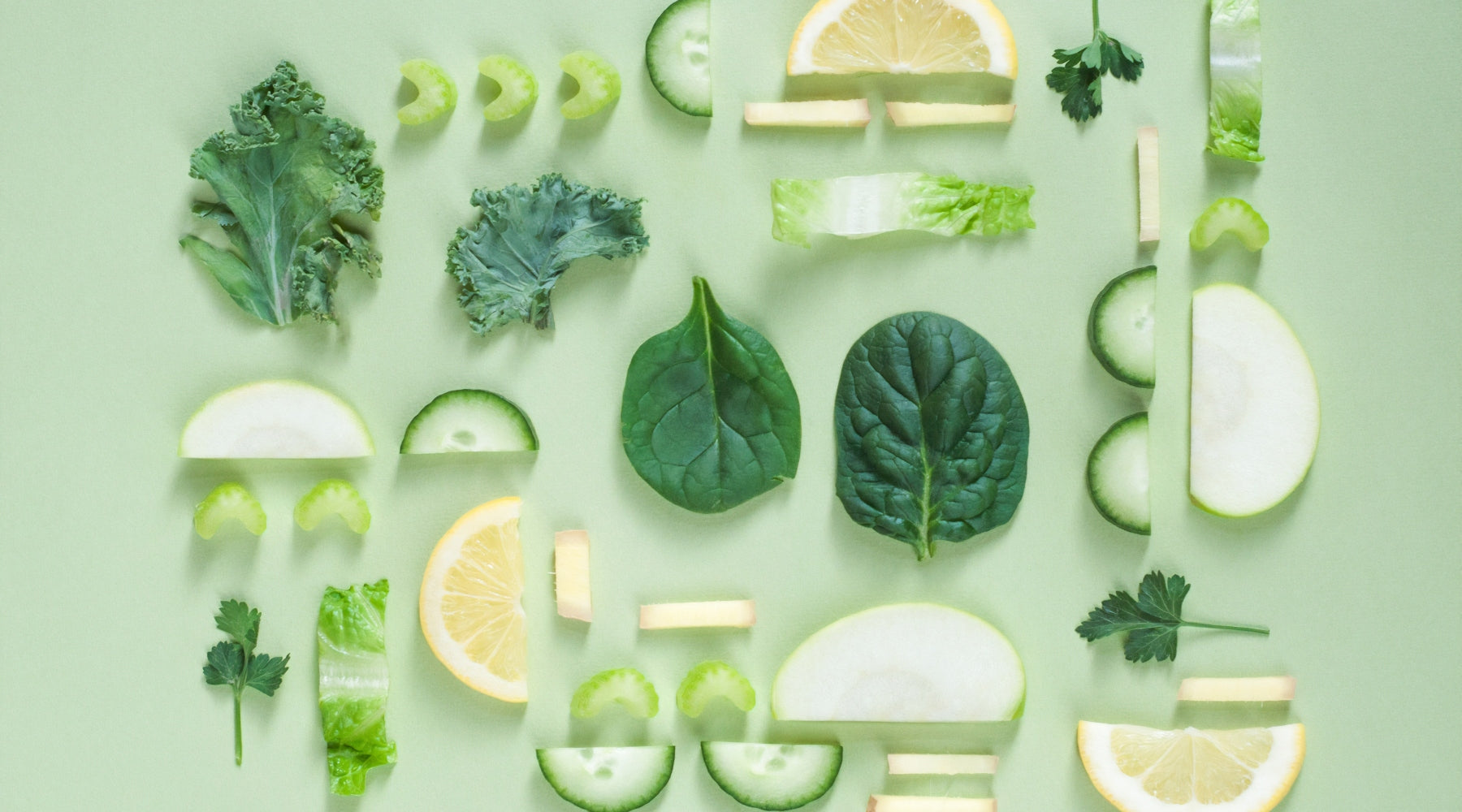
Protein During Pregnancy: Why it’s so Important
Pregnancy is a beautiful, life-changing event. It’s a time of rapid growth and development for both mother and baby and there are so many extra nutrients your body needs to support this change.
With the wealth of information out there, it can be extremely overwhelming to try and figure out which advice to trust. So, we’ve made it a little easier for you. We asked our Head Dietitian, Tara Kaff, to break down the basics of protein and walk us through why it’s so important during pregnancy.
What is Protein?
Proteins are the building blocks of life and are present in every cell in our body. They are vital in providing structure and allowing our bodies to function by building and maintaining tissues, bones, muscles, cartilage and skin.
Proteins act as chemical messengers sending important information between our cells, tissues and organs and help with storage and transport of nutrients. They also play an essential role in boosting immunity and are a great source of sustainable energy. Incredible, right? We certainly think so!
Why is Protein Important for Pregnancy?
Protein is essential for supporting this time of rapid change and growth. After we consume protein, our body breaks it down into individual amino acids, which are then used to build cells, tissues, muscles and organs.
During pregnancy, many of these amino acids are also used to develop the cells, tissues, muscles and organs of the baby. For the mother, protein is used to help support the increased growth of breast tissue and organs that are required to accommodate and nourish a growing baby.
During pregnancy, the body dramatically increases blood volume and supply to support the growing baby. By the time a woman gives birth, her red blood cell mass has increased by 20-30%. Protein is essential in facilitating the transport of blood around the body and to the baby.

How Much Protein Should I Eat When Pregnant?
I know you've heard this response before, but it depends. Every woman is different when it comes to their individual requirements and with the rise in women continuing exercise whilst pregnant, it is crucial that protein intake is adequate. A general rule of thumb is a total of 1.2-1.6g of protein per kg per day coming from good quality sources. This will vary from person to person therefore, it is important to consult your dietitian to ensure you're meeting your requirements.
How Can I Increase My Protein Intake During Pregnancy?
Meeting protein requirements during pregnancy can be a little tough, especially if you find yourself having strong reactions to smell and taste of cooked meats, tofu or meat alternatives.
Switch it up with seeds, nuts, nut butter and legumes, which are all great sources of protein that are also loaded with disease-fighting phytonutrients/antioxidants, cholesterol-lowering fibre and are naturally low in saturated fat and sodium. Another easy way is to find a high-quality, plant-based protein powder. This is a convenient, on-the-go option to boost your protein intake while getting extra vitamins, minerals and nutrients.
Can You Eat Protein Powder when Pregnant?
Not all protein powders are safe to consume while pregnant or breastfeeding, so it’s important to consult your doctor first. Luckily, our Raw Protein Pregnancy Plus is specially formulated to nourish women through conception, pregnancy and breastfeeding.
This blend contains 24g of organic, fermented plant protein, plus 14 naturally sourced vitamins and minerals, including Zinc to help with fertility and reproduction, Iron, Folate and B Vitamins.
References:


